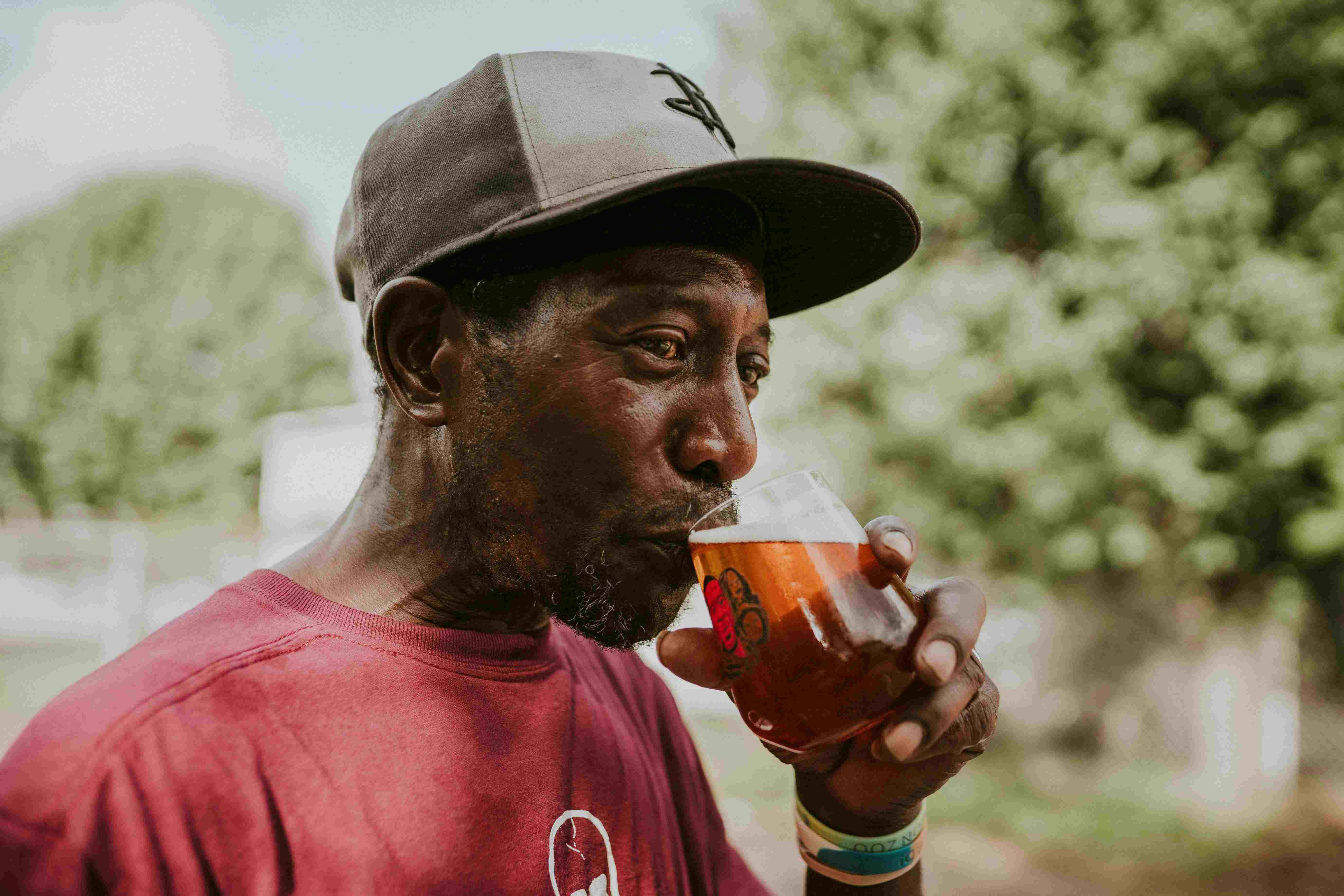AI Scientist De Kai Proposes 'Parenting' Approach for Safe AI Development

For years, the story of artificial intelligence (AI) has been framed as a high-stakes contest between the US and China, a technological arms race with global implications. However, De Kai, a pioneering machine learning scientist and advocate for AI ethics, offers a different perspective. In an interview, De Kai, a professor of computer science and engineering at the Hong Kong University of Science and Technology, stated, “I would prefer to think about it as the AI climate change challenge. Literally, AI is a change to the [social] climate that humanity is competing in.”
De Kai, who professionally goes by his given name (his surname is Wu), has been at the forefront of AI research for four decades. His work dates back to his PhD in natural language processing at the University of California, Berkeley, in the early 1980s.
His new book, "Raising AI: An Essential Guide to Parenting Our Future," released on June 3, proposes a paradigm shift in how humanity interacts with AI. The book argues that people should "parent" these systems as if they were their children. De Kai posits, “What’s the single thing in folks’ lives that makes them most want to become better versions of themselves? Having kids, most grown folks say.”
The core of this argument is that since AI learns by absorbing everything humans do and say online, individuals need to be conscientious about their behavior, effectively acting as good role models for their AI "children." The book emphasizes the importance of being good examples for AI.
This concern for the ethical development and societal impact of AI is not new for De Kai. He has served on the board of The Future Society and was an inaugural member of Google’s short-lived AI ethics council, highlighting his long-standing commitment to responsible AI.
You may also like...
Changing Cultures: How Africa Sips It's Alcohol

Discover which countries sip the most alcohol in Africa, and the health impacts this could have on the long run.
SEC Confirms Ripple's Victory: Legal Battle Concludes as Fundraising Greenlit!

The U.S. Securities and Exchange Commission has concluded its lengthy legal battle with Ripple, issuing a critical waive...
Legal Firestorm: South Korean Ex-President's Wife Targeted in High-Stakes Arrest Warrant

South Korean investigators have secured an arrest warrant for Kim Keon Hee, the wife of jailed former President Yoon Suk...
ASEAN-Brokered Breakthrough: Thailand & Cambodia Edge Closer to Historic Border Deal

Thailand and Cambodia engaged in high-level talks in Malaysia, initiated by ASEAN, to address escalating border tensions...
Kenya's Central Bank Slashes Key Rate to 9.5%: Economic Impact Looms

Kenya's Central Bank has lowered its benchmark rate to 9.50 percent, continuing its policy to stimulate economic activit...
Is Humanity Trading Connection for AI Comfort? A Deep Dive

As individuals increasingly turn to AI for emotional support, questions arise about the erosion of human connection. Thi...
Local Tragedy: Hotel Under Construction Collapses in Edo, Claims Owner's Life

A hotel under construction in Uromi, Benin City, collapsed, tragically killing its owner, Andrew Isesere. Eyewitnesses a...
Naked Gun Remake Delivers Laughs, Neeson & Anderson's Chemistry Wows!

This season's film releases offer a diverse lineup, highlighted by the highly successful "The Naked Gun" remake, starrin...




